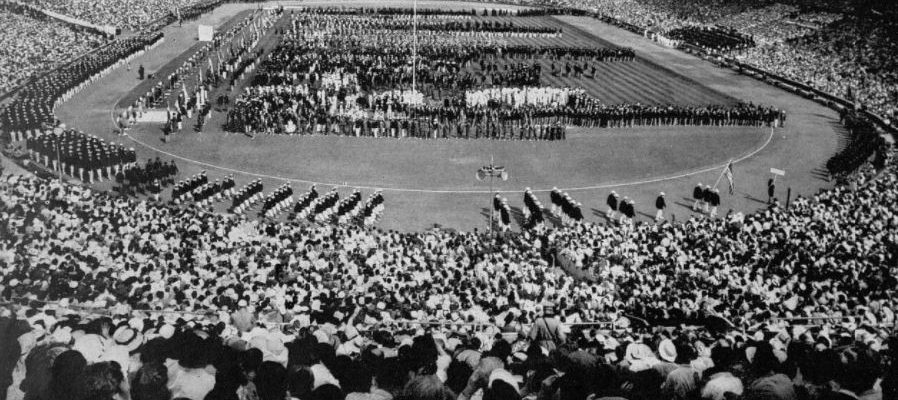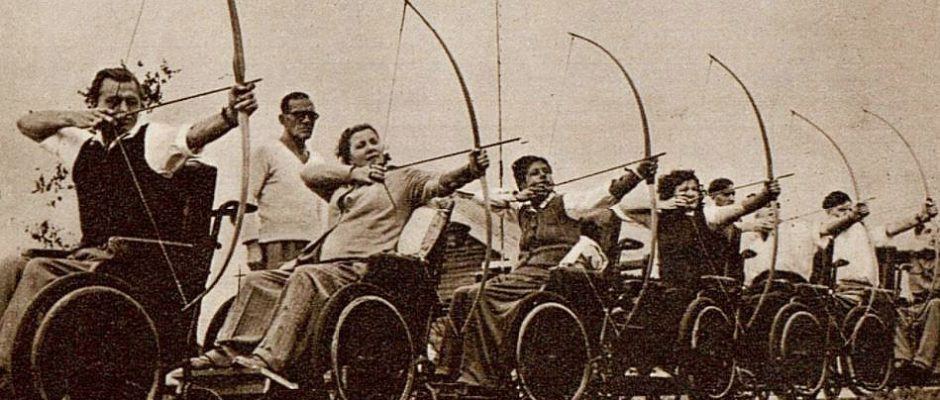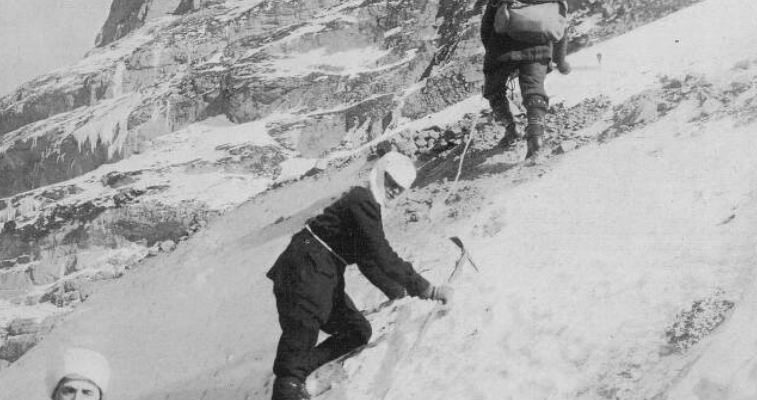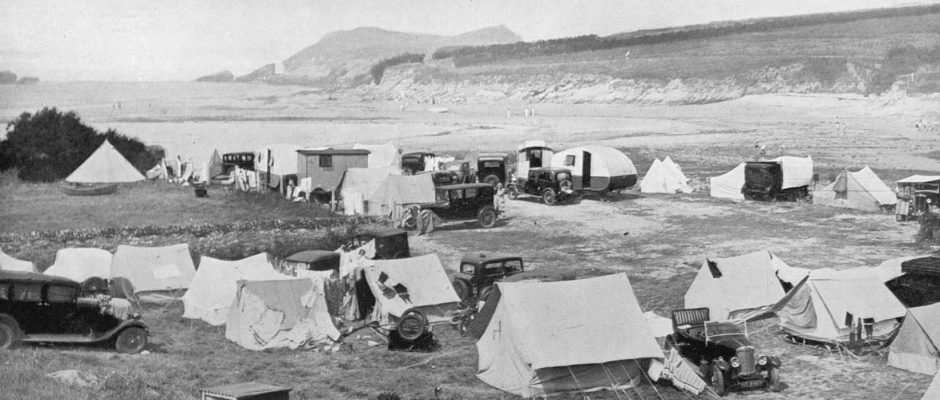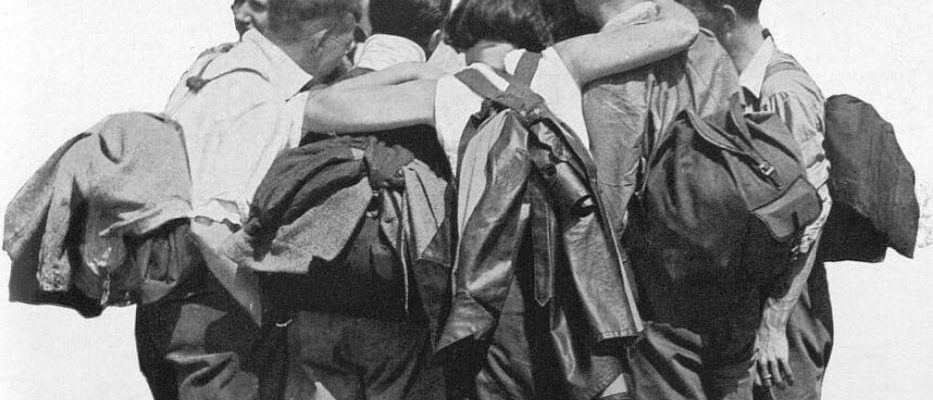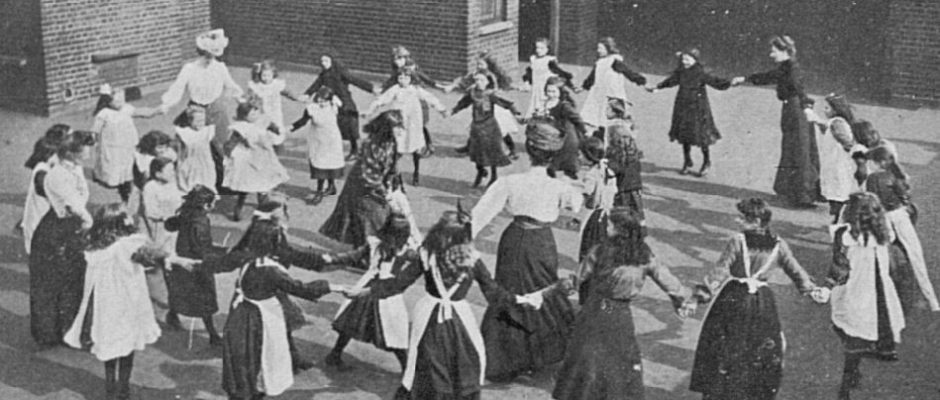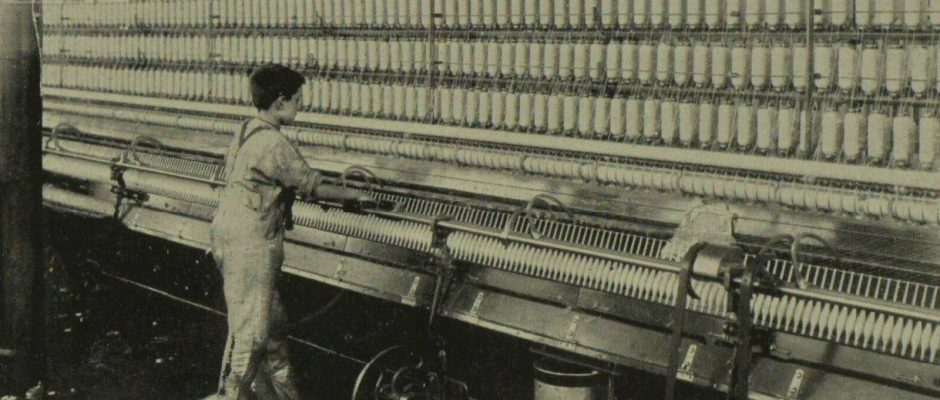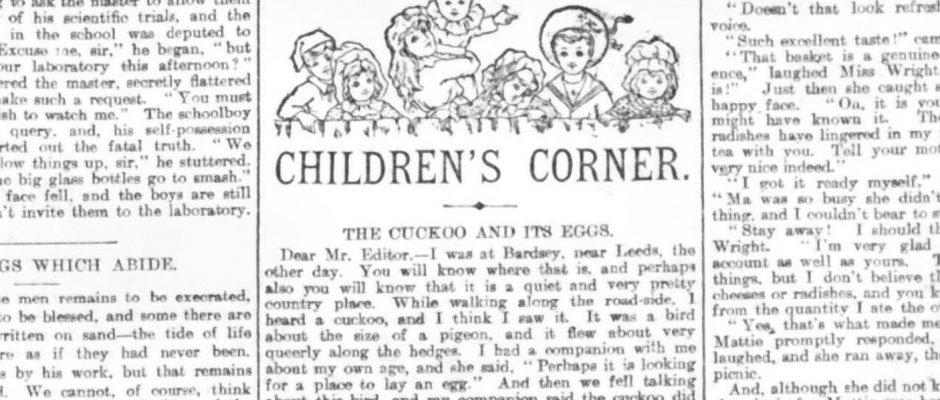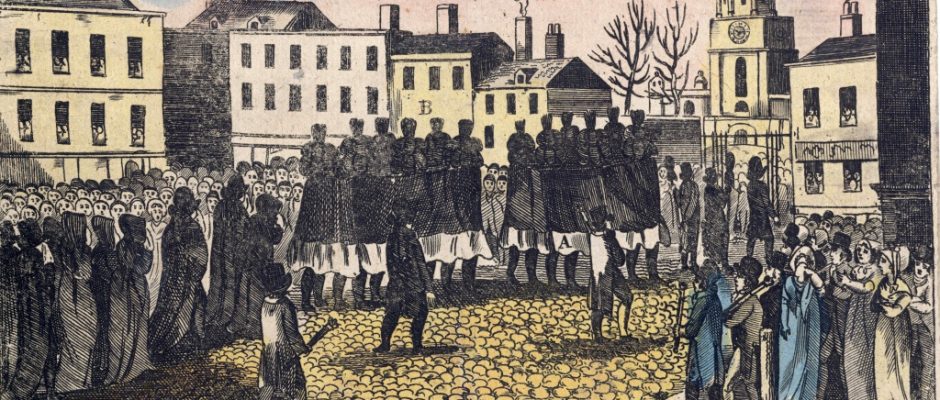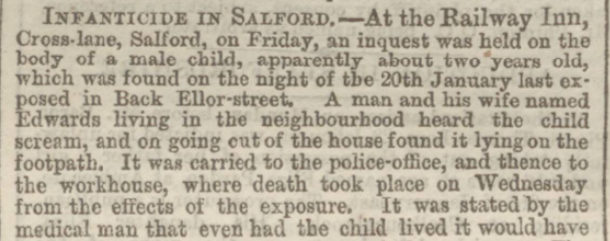With the scars of the Second World War still visible across Great Britain, in 1948 the eyes of the world turned to the country who were set to host the fourteenth Olympiad. Would Britain be able to manage, just three years after the end of the crippling conflict that still saw rationing in place, and bomb sites across its towns and cities? The 14th Olympiad opens at London | Illustrated Sporting and Dramatic News | 11 August 1948 In this special blog, …
Headlines from History
The first Paralympics took place in Rome in 1960. But this was not the beginning of competitive sport for people with disabilities; indeed, the origins of the Paralympics can partly be traced to the aftermath of the Second World War and the work undertaken at Stoke Mandeville Hospital. Archers at Stoke Mandeville Hospital | The Sphere | 21 August 1948 And nor was it the culmination of such work; the Paralympics in Rome were only open to those with mobility or …
Tags
In the early nineteenth century, Frenchwoman Mademoiselle d’Augeville became the ‘pioneer of women climbers‘ (The Sketch, 6 September 1911) as she made her ascent of Mont Blanc at the age of 44. And by the end of the century, she had paved the way for a generation of women mountaineers, who were astonishing the world with their climbing feats. From the Andes to the Himalayas, and all along the Alps, women were truly in ascendance, overcoming prejudice as they climbed …
Tags
Following on from our look at the history of hiking, and how it became phenomenally popular in the 1930s, in this blog we will look at the birth of the camping holiday. Bank Holiday Under Canvas – Newquay, Cornwall | The Sphere | 19 August 1933 So read on to discover when and how the camping holiday became popular, and what it was like to camp in the early twentieth century, at a time when camping represented a new found sense of …
Tags
The popularity of walking or ‘hiking,’ as it is termed, is amazingly on the increase. ‘Sabbath day journeys’ are undertaken by the youth of both sexes, armed with knapsacks. Starting from Waterloo to the Surrey hills and commons, where they walk, either in clubs or in private companies, or alone, all day, to return by train at night. So relates The Sphere in the September of 1930 in an article entitled ‘Knapsackery on the Surrey Hills.’ Regarded as the ‘Phenomenon of the …
Tags
In October 1823, the Public Ledger and Daily Advertiser asserted: The charge and duty of Government are not merely to increase the numbers of men, but to promote and increase their happiness. Industry is the most powerful engine of this happiness, because it is the spring of all their riches. Government, then, should encourage labour, and by due reward, endeavour to avail of, and augment its useful products… The article, entitled ‘Political Economy,’ goes on to recommend how ‘the power of labour …
Tags
With an increase in literacy rates and a growing emphasis on the importance of family, by the mid Victorian era the concept of the children’s corner in newspapers was born. Leeds Mercury | 18 June 1898 Often placed amongst the densely packed columns of the daily or weekly local and national newspapers, the children’s corner represented a new development for Victorian editors of the day, and a new market to which they could appeal. And in this special blog, as we …
Tags
In December, 1811, all London was convulsed with terror at the tidings of the horrible slaughter wreaked at 29 Ratcliff Highway and 81 New Gravel Lane, and soon, from the Prince Regent’s table at Carlton House to the tap-room of the lowest dram-shop in Wapping, the hideous subject engrossed all. Ally Sloper’s Half Holiday, 27 August 1887 These murders, now generally referred to as the Ratcliff Highway Murders, represent one of the bloodiest chapters in British crime history, and might have …
Tags
As part of our history of law and crime month on The Archive, we are delighted to featured a very special guest post by author and former probation officer Martin Baggoley, who has written extensively on the history of crime and punishment. In this guest post, Martin describes how he used The Archive to research the tragic topic of infanticide in Victorian Salford, a desperately sad chapter in Britain’s crime history. So read on to discover the methods that Martin …


